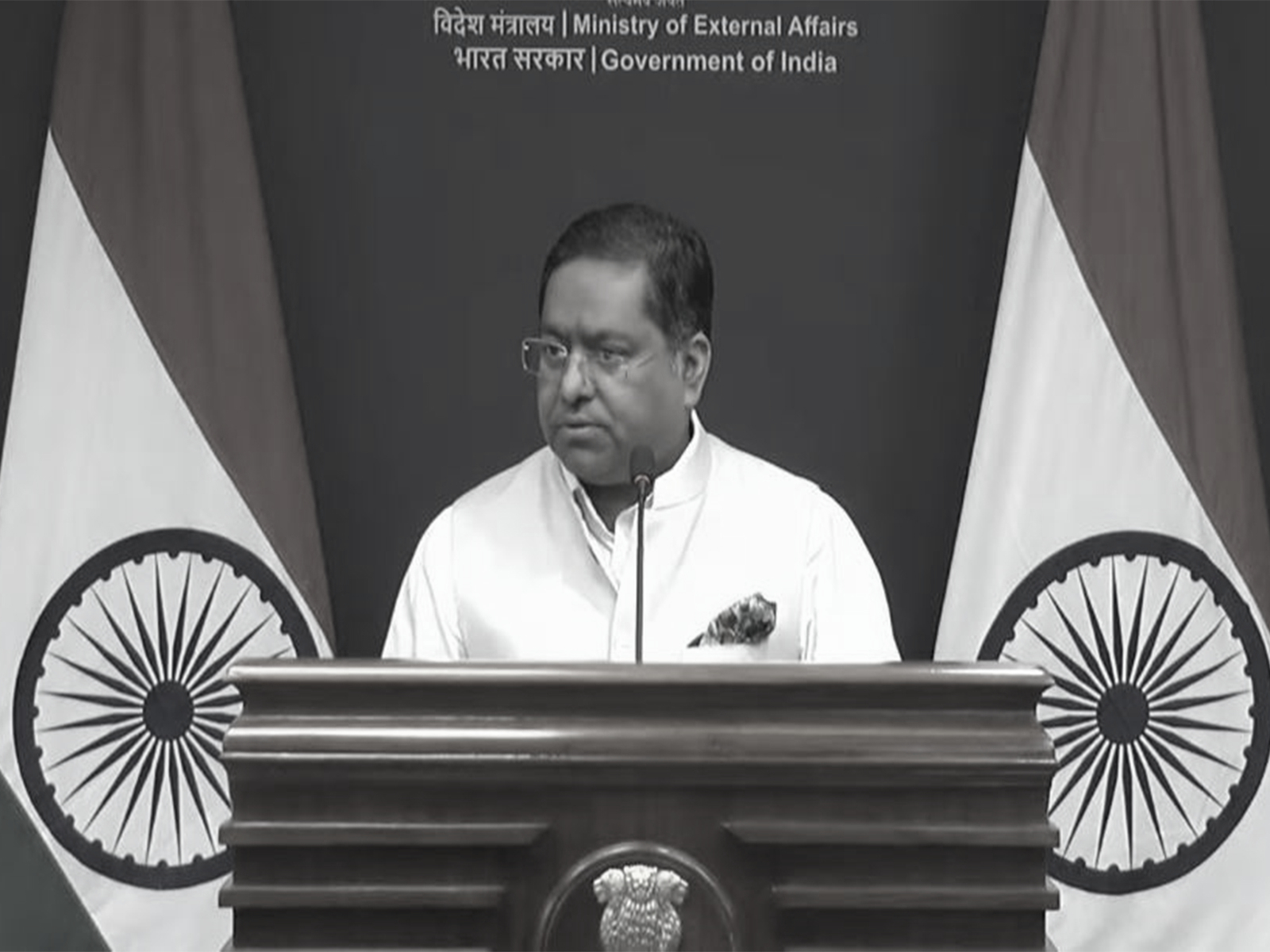
India warns world on Pakistan’s covert nuclear activities following Trump remarks
India has strongly condemned reports of Pakistan secretly testing nuclear weapons, calling the alleged actions “clandestine and illegal” and consistent with Islamabad’s long-standing record of covert nuclear proliferation. Ministry of External Affairs spokesperson Randhir Jaiswal noted that India has repeatedly drawn the international community’s attention to Pakistan’s decades-long pattern of smuggling, export control violations, and secret networks, including the infamous AQ Khan proliferation network. “India has always drawn the attention of the international community to these aspects of Pakistan’s record,” Jaiswal said, adding that India had “taken note” of U.S. President Donald Trump’s recent remarks on the matter.
Trump, in a CBS News interview, claimed that Russia, China, North Korea, and Pakistan are conducting nuclear tests. While his statement drew global attention, no independent or official evidence has confirmed that Pakistan has conducted any recent nuclear tests. The Comprehensive Nuclear-Test-Ban Treaty Organization and other international monitoring bodies have not detected any seismic or radiological activity to substantiate these claims. Pakistan promptly dismissed the allegation as “baseless,” reaffirming its unilateral moratorium on nuclear testing since 1998. China also strongly denied the claims, reaffirming its commitment to nuclear restraint.
The controversy comes amid Trump’s broader push to resume U.S. nuclear testing. While U.S. officials clarified that no actual tests have been conducted, nuclear experts warn that such rhetoric could provoke a domino effect, encouraging rival nations to escalate their programs and emboldening countries like Pakistan. Analysts emphasize that statements of this nature risk undermining decades of nuclear restraint and could raise regional tensions, particularly in South Asia.
Historical context reinforces India’s caution but does not confirm current activity. Former CIA counterproliferation officer Richard Barlow, who investigated Pakistan’s nuclear procurement in the 1980s, exposed secret networks and illegal smuggling operations that enabled Islamabad to develop nuclear weapons while circumventing international oversight. Barlow’s findings illustrate Pakistan’s long history of clandestine activity and international toleration for strategic reasons, but they do not constitute evidence for Trump’s claims about present-day testing.
India’s response underscores the gravity with which it treats potential nuclear developments in the region. By emphasizing Pakistan’s historical record alongside current allegations, New Delhi is signaling both vigilance and the need for international scrutiny. The situation highlights the delicate balance between intelligence, diplomacy, and geopolitical strategy in a region where nuclear escalation could have far-reaching consequences.
As the world observes, India’s stance sets the tone for diplomatic pressure and reinforces the importance of verified monitoring, adherence to international treaties, and sustained vigilance to prevent a destabilizing arms race in South Asia.
